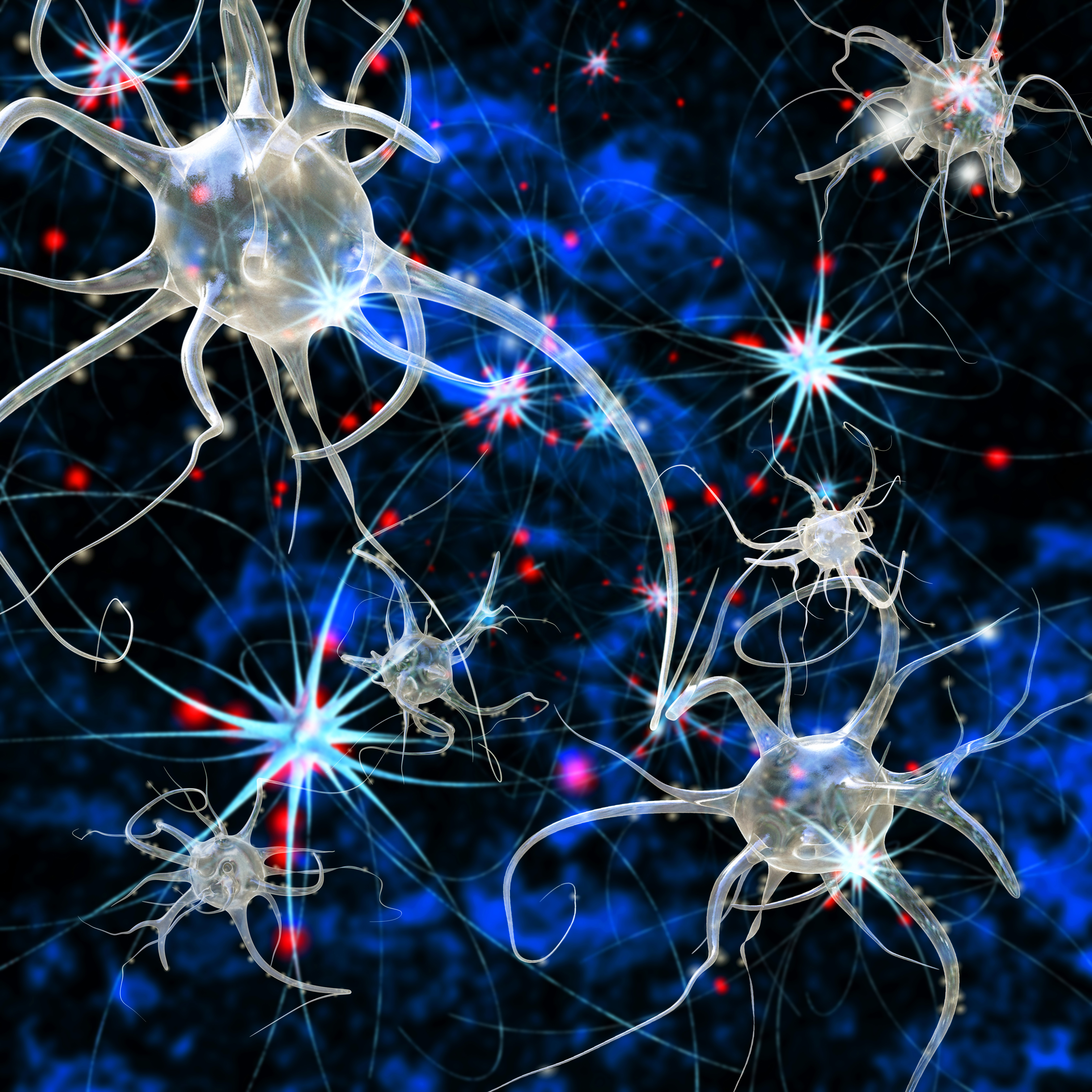You are here
Signaling

Cells must be able to perceive and accurately respond to their environment to initiate innate immunity and maintain a functional immune response.
Cellular signaling is the process by which a cell responds to external stimuli and its own surroundings to communicate information within itself and to other cells in the body. A working innate immune response relies on cells being able to transduce signals for regulating gene expression and immune effector actions. These signals typically are biochemical in nature and can have many forms.
Dysfunctional or nonfunctional innate immune signaling in the cell can lead to disease states caused by infectious agents, autoimmunity, or cancer. Moreover, many infectious agents have evolved ways to circumvent specific signaling actions of the innate immune response within infected cells and tissue, thereby allowing the pathogen to establish a foothold in the cellular environment and evade the immune response. Mutations that alter cell signaling can impact the innate immune response to predispose a cell or tissue to cancer. In contrast, overactive or aberrant cellular signaling can trigger an innate immune response when one isn’t needed, leading to an autoimmune reaction and immune disease.
CIIID investigators are focused on defining and understanding a broad spectrum of cell signaling programs of innate immunity that contribute to healthy functioning immune response and those that are mis-regulated and contribute to disease. Through better understanding innate immune cellular signaling, CIIID investigators strive to design therapeutics to signal and regulate the innate immune response to fight infection, cancer, and to control inflammation and autoimmunity.











